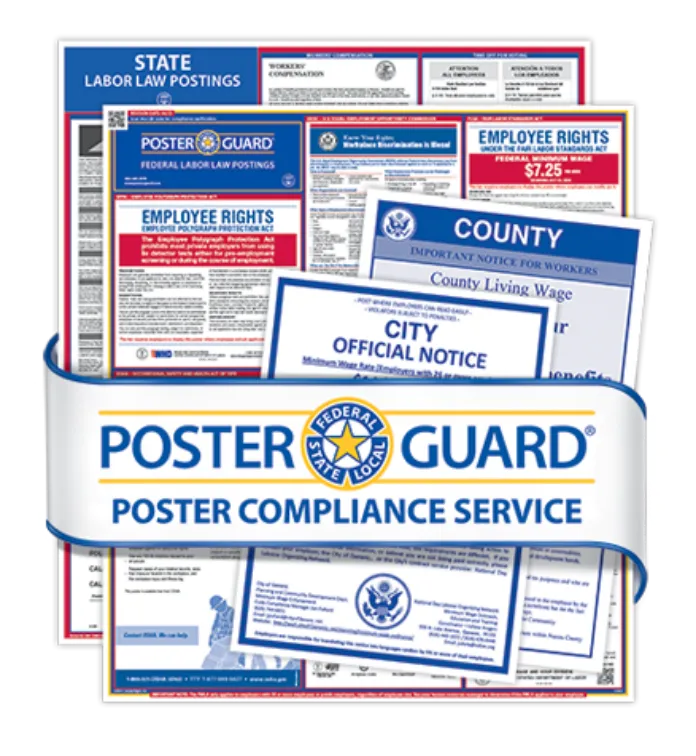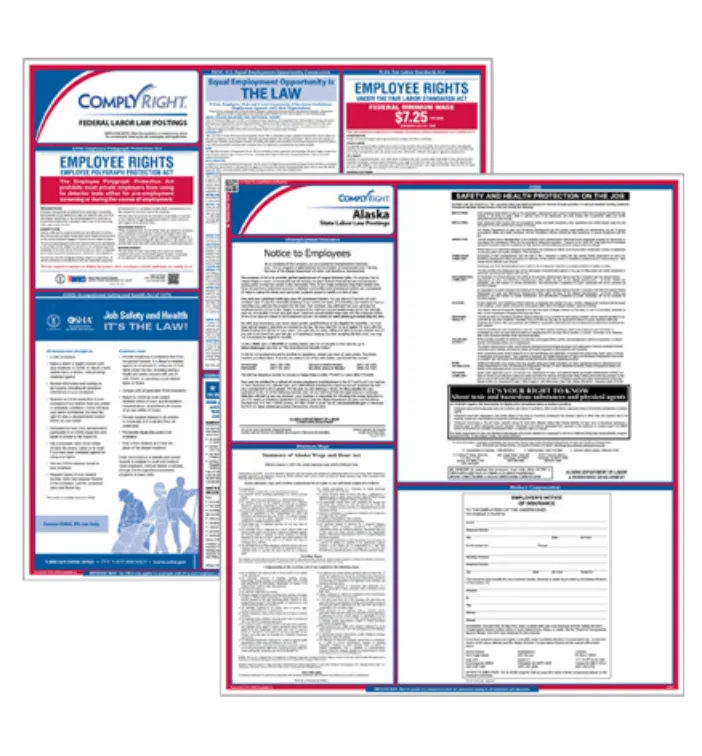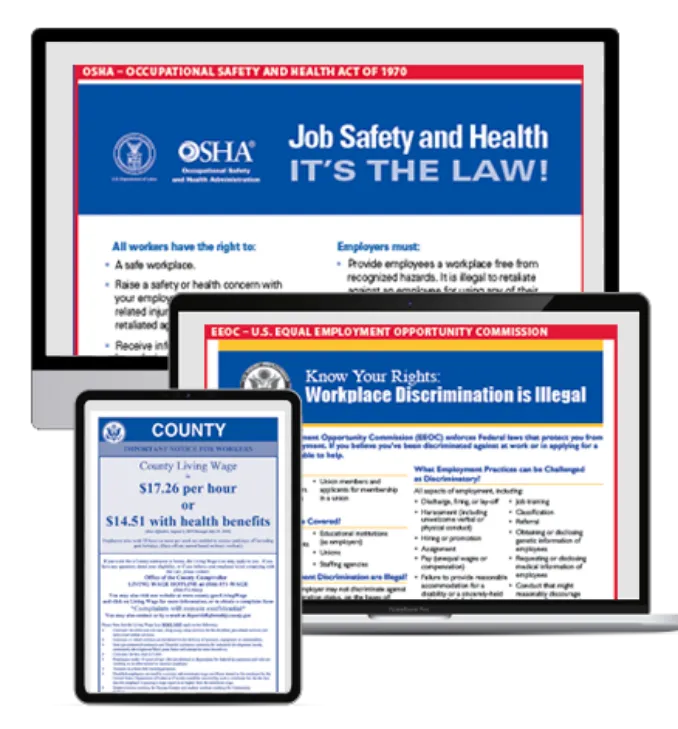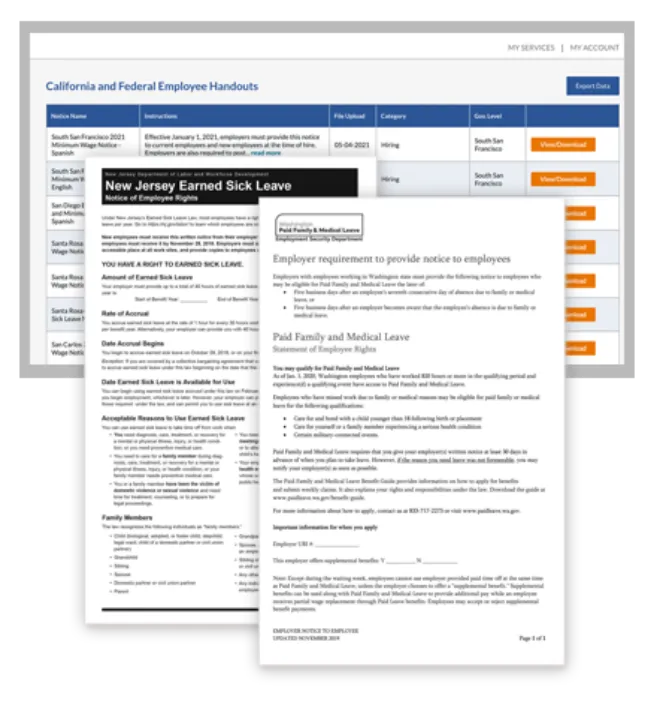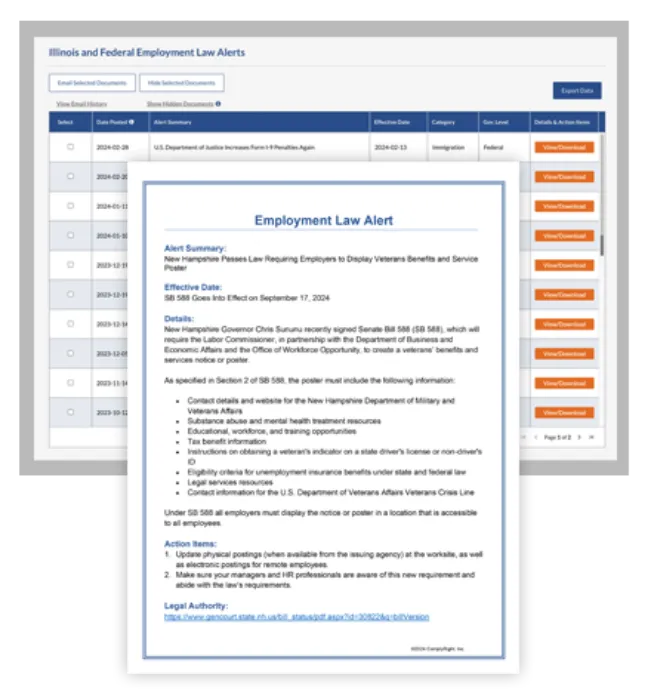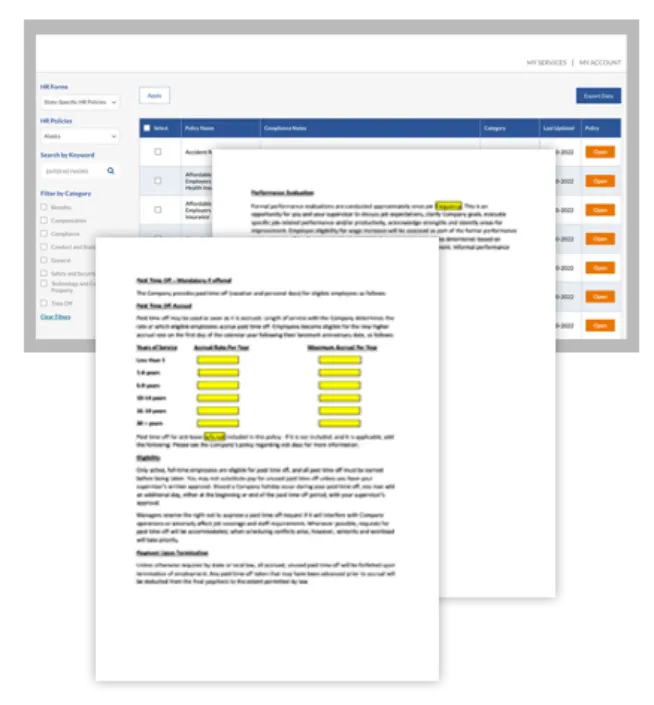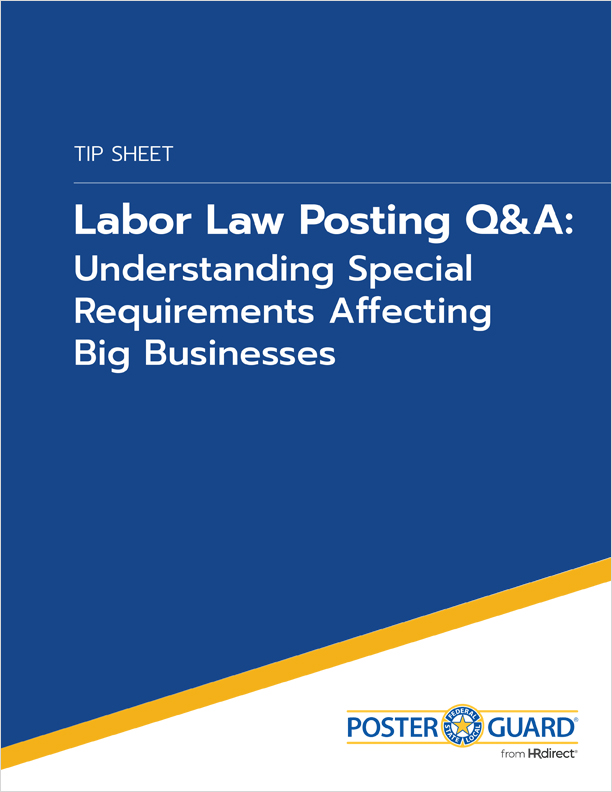Employers across the country are facing a new wave of rules that could reshape how they schedule and manage hourly workers. Fair workweek regulations — also known as predictive scheduling laws — are no longer just a buzzword in HR circles. They’re being enforced in states and cities nationwide, bringing stricter penalties for last-minute shift changes, requirements for advanced notice and growing pressure on businesses to provide stability for their employees. The question isn’t whether these laws will affect your operations, but how quickly you’ll need to adjust.
What Are Fair Workweek Laws?
- Post schedules at least one to two weeks in advance
- Compensate workers when changes occur
- Give employees the right to decline shifts that fall outside of the posted schedule
The intent is clear: Give hourly workers more control and stability in their lives, while holding employers accountable for sudden changes.
Who Is Covered?
Not every business is directly impacted, but the industries most often covered are retail, hospitality and food service — sectors with large hourly workforces and frequent schedule changes. In many jurisdictions, employers must also offer additional hours to existing staff before hiring new employees. Healthcare, manufacturing and even building services are increasingly finding themselves within the scope of these rules. That means employers who once assumed they were exempt may soon discover that predictive scheduling has become their responsibility, too.
Where Are These Laws in Effect?
Oregon remains the only state with a full statewide fair workweek mandate. Large employers in retail, hospitality and food services must provide 14 days’ notice of schedules, allow workers to decline shifts outside of that schedule and pay premiums when they request exceptions. But, while Oregon leads at the state level, the most aggressive activity is happening in cities.
Chicago has had its law on the books since 2020, requiring 14 days’ notice, extra pay for canceled shifts and strict rules on short turnaround scheduling. Neighboring Evanston followed suit in 2024 with a similar set of requirements for retail, hospitality, manufacturing, and warehouse employers. California cities like San Francisco, Berkeley, Emeryville, Los Angeles and San Jose have also passed their own ordinances, all of which center on advance notice, predictability pay and protections against retaliation. Meanwhile, New York City, Philadelphia and Seattle have created some of the most detailed fair workweek frameworks in the country, layering in requirements for rest periods and good-faith estimates of hours when employees are hired.
The movement is spreading, with several states considering entering the predictive scheduling space, including:
- Connecticut
- Maine
- Michigan
- Minnesota
- New Jersey
- North Carolina
- Rhode Island
- Plus, cities like Boston, Minneapolis and Washington, D.C.
This patchwork of legislation means employers with locations across multiple jurisdictions may need to juggle different rules, depending on where the business operates.
Fair workweek laws are reshaping the employer–employee relationship in retail, hospitality, food service and beyond.
Why Compliance Matters
Noncompliance with fair workweek regulations is far more than a paperwork issue — it can be an expensive mistake. Fines for each scheduling violation add up quickly, and in some jurisdictions, employers have faced lawsuits and multimillion-dollar settlements for failing to provide advance notice or compensate employees for last-minute schedule changes. The risks aren’t only financial. In today’s competitive labor market, employers seen as disregarding workers’ rights to stability may struggle to recruit and retain talent.
At the same time, compliance offers benefits that extend beyond avoiding penalties. Predictable scheduling improves morale, reduces turnover and builds employee loyalty. Workers who know their hours in advance can plan their lives with confidence, and that sense of stability often translates into stronger performance and better customer service. For many employers, embracing fair workweek practices proactively — even before they’re legally required — can mean cultivating a more engaged, dependable workforce while protecting the business from costly missteps.
Stay Informed with the Employment Law Alert Service
Keeping track of fair workweek requirements — and the broader wave of labor law changes — can feel like a full-time job. That’s where the Employment Law Alert Service comes in. Subscribers receive timely notifications and easy-to-digest summaries whenever new rules are introduced or existing laws are updated at the federal, state or local level.
From predictive scheduling mandates to other fast-moving employment regulations, you’ll always know what applies to your business. With clear updates delivered straight to your inbox, you can spend less time tracking laws and more time confidently running your operations.
Please note: Many of these laws also require labor law posters — this includes Oregon and several cities. Since these requirements are industry-specific, we offer the posters as add-on services. Please contact our team for more information.

